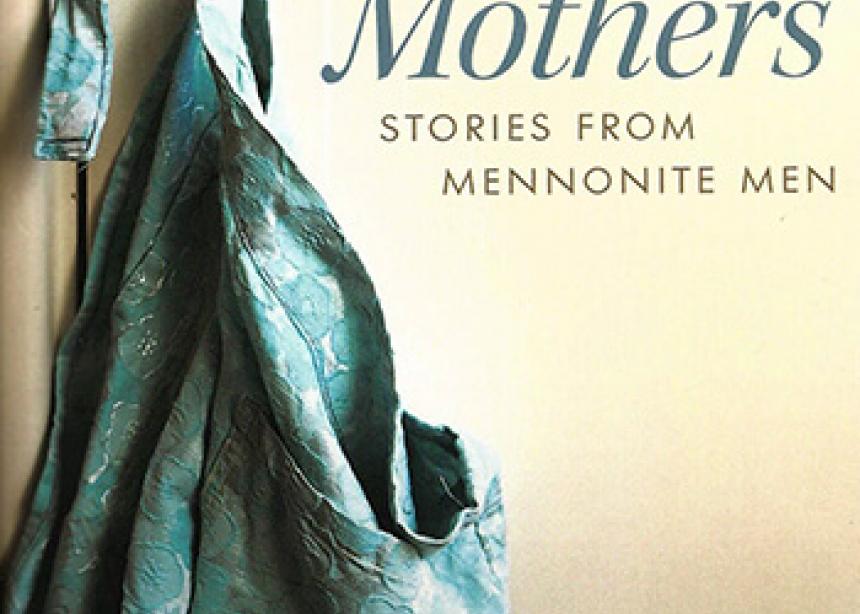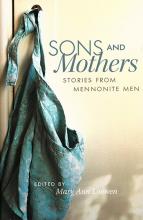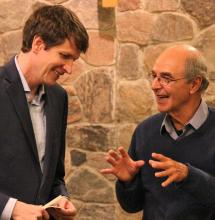Leona (Unger) Rogalsky was born into an Evangelical Mennonite Conference (EMC) family in southern Manitoba in the 1930s. During her childhood, her family spent some time in the Gospel Hall, a Pentecostal church in Steinbach, but they were convinced to return to the Mennonite fold by her father’s brothers, a minister and a deacon in the EMC. While she married a Kirchliche Mennonite (General Conference) man with his more cultural faith and looser morals, she kept her evangelical focus throughout her life.
When I had already been a pastor for 15 years, she heard me preach. She later confronted me in a passive-aggressive way, concerned both for my ministry and my salvation. In an effort to use inclusive language about God, I didn’t preach about either Jesus or the Father. So, knowing that probably what I preached meant something slightly different to her than it did to me, I sat down with her and told her that I believed in Jesus as God with us on earth, and that salvation was through Jesus’ life, death and resurrection. She was comforted, although she would still have preferred that I spoke the actual words of “Jesus,” “Father” and “He” in my preaching and testimony.
On Oct. 15, 2015, Conrad Grebel University College in Waterloo hosted the Ontario launch of Mary Ann Loewen’s new book, Sons and Mothers: Stories from Mennonite Men, that features men writing about their mothers and their relationships with them. Four local writers—Howard Dyck, Paul Tiessen, John Rempel and Andrew C. Martin—read excerpts from their stories and commented on the process.
Loewen spoke about editing a book by men about women in this time when so much effort has been made to allow women their own voice. While the mothers of all four who read in Waterloo have died, it was clear to Loewen that these men loved their mothers, who were women in their own right.
Martin, a counselling therapist, and several of the other readers, including Dyck, noted that “Freud might have had fun” with elements of these mother/son relationships, especially when the father/mother, husband/wife relationship was conflictual and the mother used the son as a confidant, with echoes of Oedipal relationships.
The men writing were painfully honest in their stories, often telling much more about themselves than about their mothers. Conflicts over faith and culture are common themes in the book’s stories.
Martin is the only non-Russian Mennonite and the book might have been even more enlightening had more Swiss or Amish Mennonite men written about their relationships, helping to focus beyond the cultural relationships to the common faith elements between various Anabaptist groups. But the stories are moving, and both thought- and emotion-provoking, as they push men and women to consider their first relationship—with their mother.
This book is a response to Rachel Epp Buller and Kerry Fast’s Mothering Mennonite. Will Fathering Mennonite and Daughters and Fathers follow? The richness of this book suggests that there are depths yet to plumb.
See a review of the book Mothering Mennonite at “Mothers: Carriers of culture and faith.”





Add new comment
Canadian Mennonite invites comments and encourages constructive discussion about our content. Actual full names (first and last) are required. Comments are moderated and may be edited. They will not appear online until approved and will be posted during business hours. Some comments may be reproduced in print.